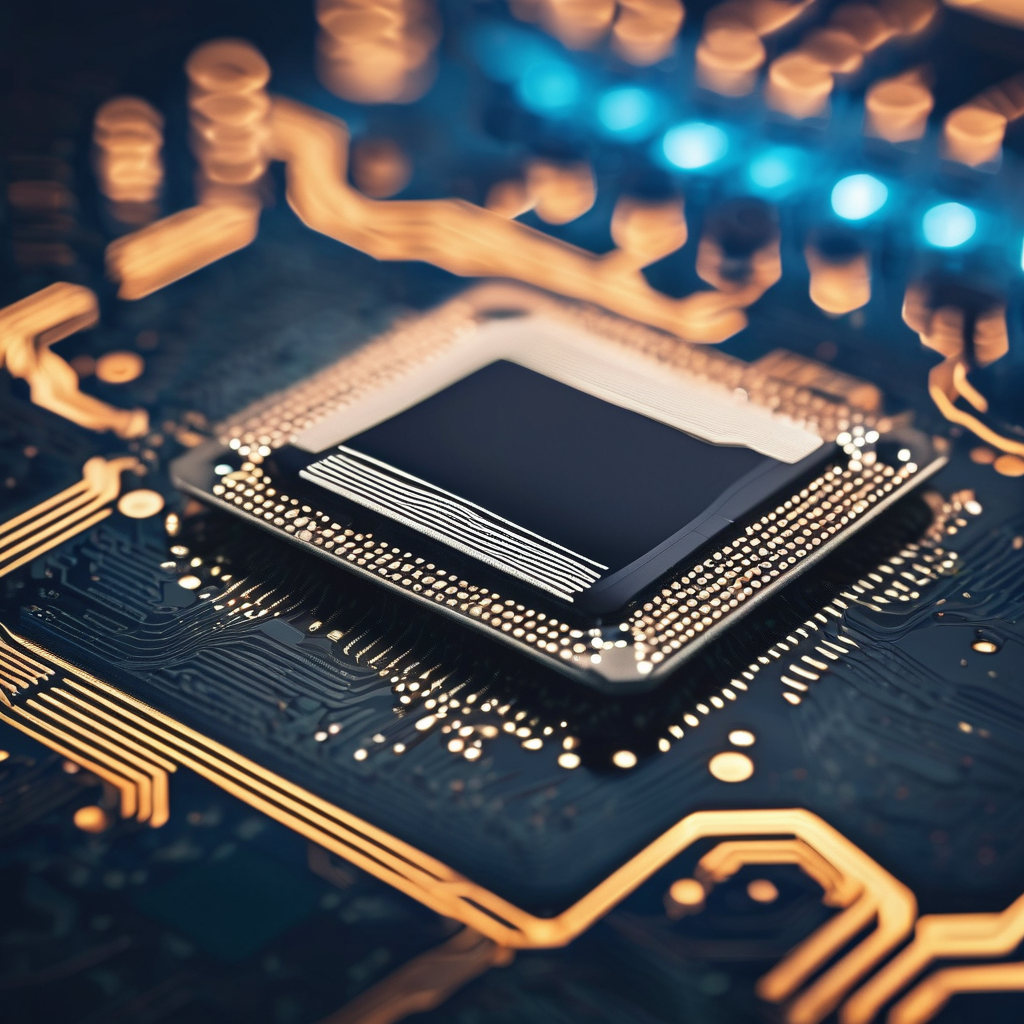NVIDIA’s co-founder and CEO, Jensen Huang, participated in a Q&A session during the APEC CEO summit on October 31, 2025, in Gyeongju, South Korea, as NVIDIA faced a downturn in its stock prices. On Tuesday, shares of NVIDIA dipped by 4% in premarket trading following a report by The Information revealing that Meta Platforms Inc. is contemplating the use of chips developed by Google, specifically their tensor processing units (TPUs).
Conversely, Alphabet Inc., Google’s parent company, saw its shares rise by 4.2% after experiencing an impressive 6% increase on Monday. The report indicated that Meta could start utilizing Google’s TPUs in its data centers as early as 2027 and might rent these chips from Google’s cloud division next year, which could pose a significant challenge to NVIDIA’s market position.
A spokesperson from Google commented on the situation, stating, “Google Cloud is experiencing accelerating demand for both our custom TPUs and NVIDIA GPUs; we are committed to supporting both, as we have for years.” This demonstrates that Google is positioning itself strongly in the market for AI-related workloads with its advanced TPUs, designed for efficient performance that could attract major clients like Meta.
The potential partnership between Meta and Google on TPUs could not only benefit Google significantly but also validate the efficacy of its cutting-edge technology in the AI sector. Additionally, shares of Broadcom, a company that collaborates with Google on its TPUs, climbed more than 2% in premarket trading, following an 11% rise the previous day, signaling investor confidence in the future of these technologies.
As the AI landscape evolves, the competition between tech giants continues to intensify, fostering innovation and providing opportunities for advancements in artificial intelligence. This development illustrates both the growing interest in AI capabilities and the strategic maneuvers companies are making to secure their positions in the market.
